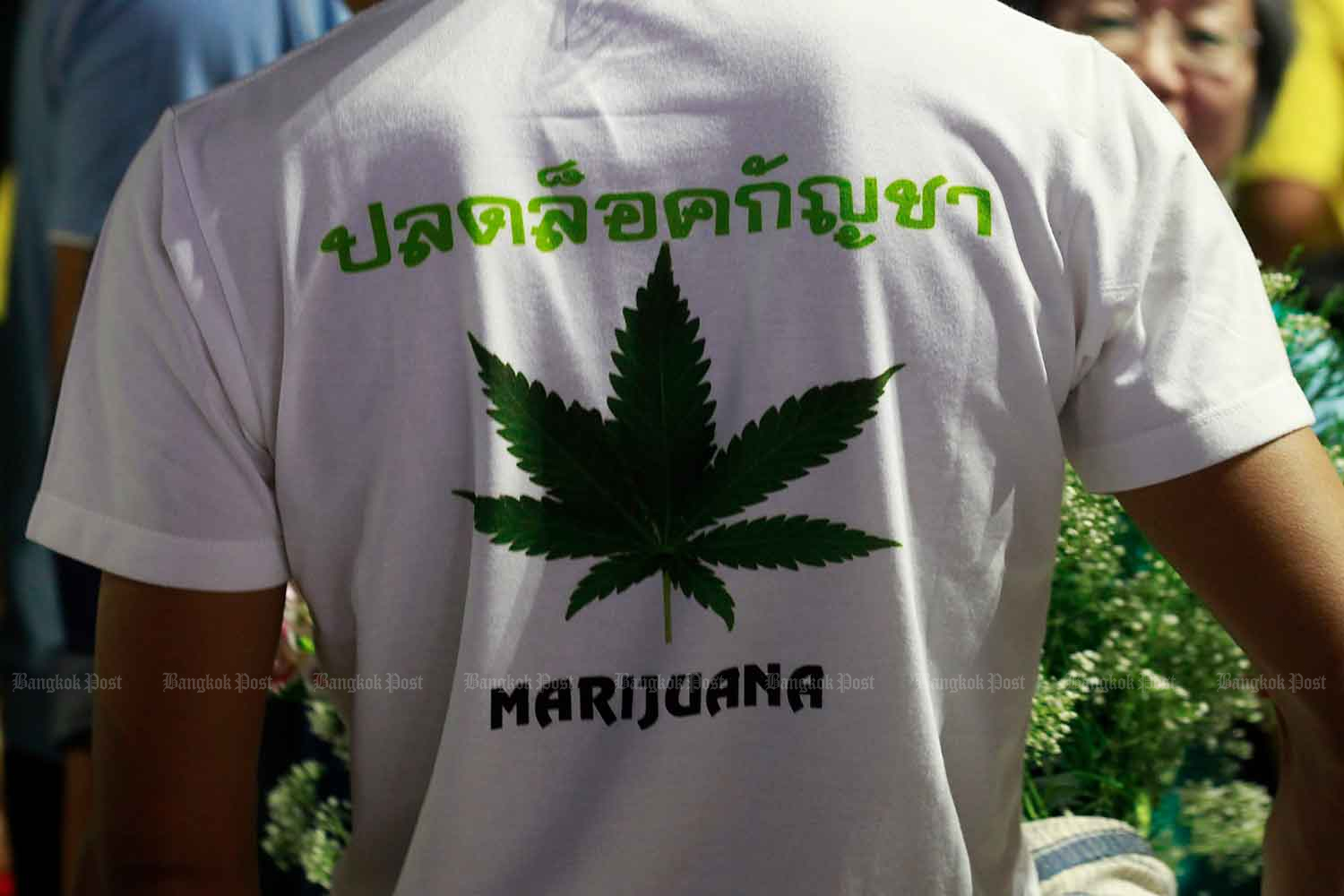
Just glancing at the local cannabis laws can leave you feeling punch-drunk. According to new anti-drug law, effective from Dec 9, cannabis is no longer a narcotic substance. Yet, state authorities, police and anti-narcotics officers continue to arrest people who have cannabis plants, some with only a few, in their possession.
In maintaining that cannabis is still a narcotic, the officers make use of a legal technicality as cannabis has not yet been removed from other relevant anti-drug regulations.
This is confusing, to say the least.
The Bhumjaithai Party, a staunch advocate of legalising cannabis, has stepped up to challenge the authorities, blasting their action for not complying with the revised law. The party has pledged to provide legal assistance to those facing arrest, insisting that such harsh action against people in regard to cannabis will no longer be lawful once the amendment has been completed.
Unlocking cannabis is the flagship policy of the party, which is a major coalition partner. And plans to fully legalise it were key to the party’s election campaign policy in 2019. It has vowed to amend all of the relevant laws, allowing each household to grow up to six cannabis plants for medical use and also for their cooking businesses.
The Public Health Ministry, which is overseen by Deputy Prime Minister Anutin Charnvirakul, also the party’s leader, subsequently launched a registration system to enable members of the public, especially traditional medical practitioners, to seek state permission for growing cannabis.
Prime Minister Prayut Chan-o-cha, while opening a promotional event for herbs at a Bangkok department store last month, reaffirmed the government’s commitment to turn cannabis into a new economic crop. The Health Ministry even has a grand plan to promote local strains as national heritage before seeking recognition from Unesco.
But the path to cannabis legalisation remains tough, considering the authorities’ narrow mindset and overzealous actions.
Take the registration for planting as an example. Some say the requirements are too strict, and riddled with bureaucratic control. Applicants cannot register as an individual but as a “community enterprise”, and cannabis growing must be carried out under the close supervision of academic institutes in the area. The use of flowers and seeds is also strictly prohibited.
Well-known medical practitioners have disputed the need for the authorities to control the use of cannabis flowers. They argue that the flowers, a key component in some traditional medical formula, have no addictive substances. Some practitioners allege that big pharmaceutical firms may be behind the strict registration process to ensure limited access to potential competitors.
The rise in demand under rigid controls paves the way for underground cultivation, meaning soaring prices and a chance for some crooked officers to fatten their wallets.
Hence, it’s the duty of the government to clear the air and fix the legal hassles. Another law for industry-level cultivation that must be soon be put in place.
Of course, controls are still needed to prevent under-age consumption, like alcohol and cigarettes. Besides, it must support research and development to promote the best medical practices.
All the state agencies must work as one to ensure there are no more contradictions.
